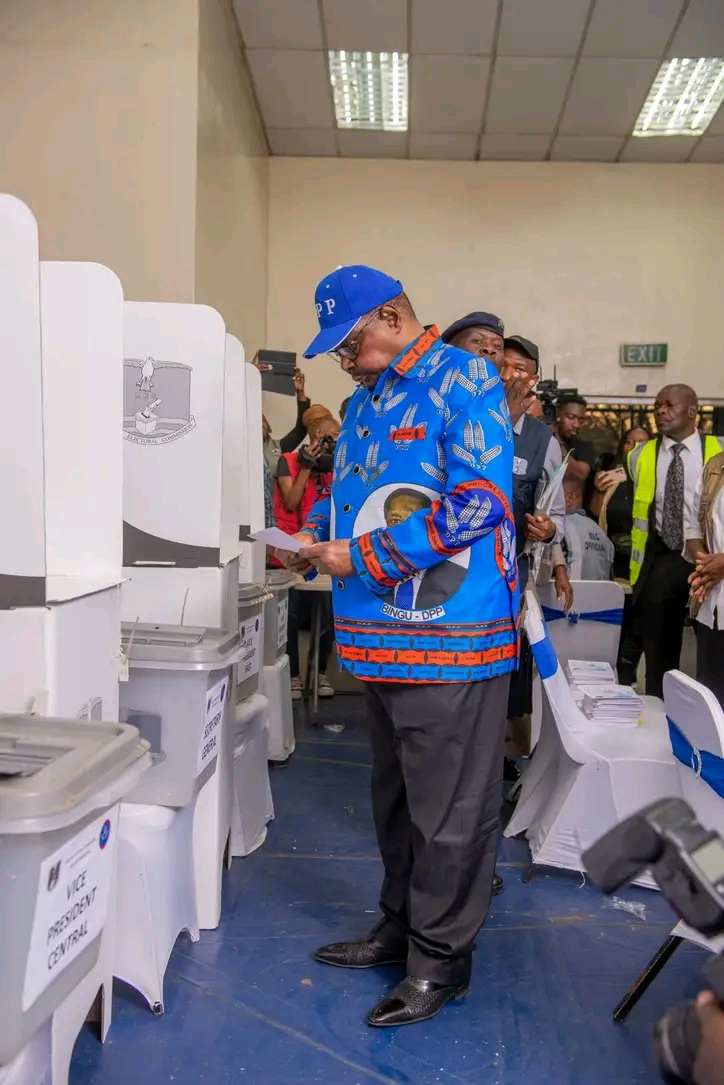By Burnett Munthali
In an exclusive interview with Brian Banda aired on Saturday, August 24, His Excellency Professor Arthur Peter Mutharika confidently projected that the Democratic Progressive Party (DPP) will secure 57.9% of the vote in the upcoming 2025 presidential election. This ambitious forecast comes as Mutharika and his party gear up for a highly competitive race.
Mutharika’s bold prediction reflects his strong belief in the DPP’s campaign strategy and its solid support base. He attributed this projected figure to the party’s effective grassroots mobilization, comprehensive policy proposals, and the growing dissatisfaction with the current administration. According to Mutharika, the DPP’s performance in past elections demonstrates a solid foundation on which to build their 2025 campaign.
To contextualize Mutharika’s prediction, it is useful to look at the DPP’s performance in previous elections:
In the 2019 election, Professor Arthur Peter Mutharika won re-election with approximately 38.57% of the vote. This victory marked a significant win for the DPP, although it was contested and led to subsequent legal challenges.
The 2020 election was a landmark event, with the Malawi Constitutional Court nullifying the 2019 results due to irregularities. The rerun of the presidential election saw Lazarus Chakwera of the Malawi Congress Party (MCP) win with 58.57% of the vote, defeating Mutharika, who received 39.4%.
In 2009, the DPP, under the leadership of Bingu wa Mutharika, achieved a decisive victory with 66.17% of the vote, showcasing the party’s significant electoral strength at that time.
Mutharika’s prediction of 57.9% for the 2025 election represents a strategic and optimistic goal. The historical data highlights fluctuations in the DPP’s electoral performance, with strong results in 2009, a contentious re-election in 2019, and a setback in 2020. Mutharika’s forecast suggests a strategic comeback and a renewed push for voter support, aiming to regain a commanding position in the Malawian political landscape.
Supporters view this projection as a positive sign of the party’s potential success, reflecting confidence in Mutharika’s leadership and campaign strategy. Critics, however, may question the feasibility of achieving such a high percentage, given the dynamic and evolving political environment.
In conclusion, Professor Arthur Peter Mutharika’s forecast of a 57.9% win for the DPP in the 2025 presidential election is a bold statement of confidence and ambition. By comparing past election results with his current prediction, Mutharika aims to set a high benchmark for his campaign, signaling a determined effort to reclaim the presidency. As the 2025 elections approach, this projection will undoubtedly shape political discourse and campaign strategies




